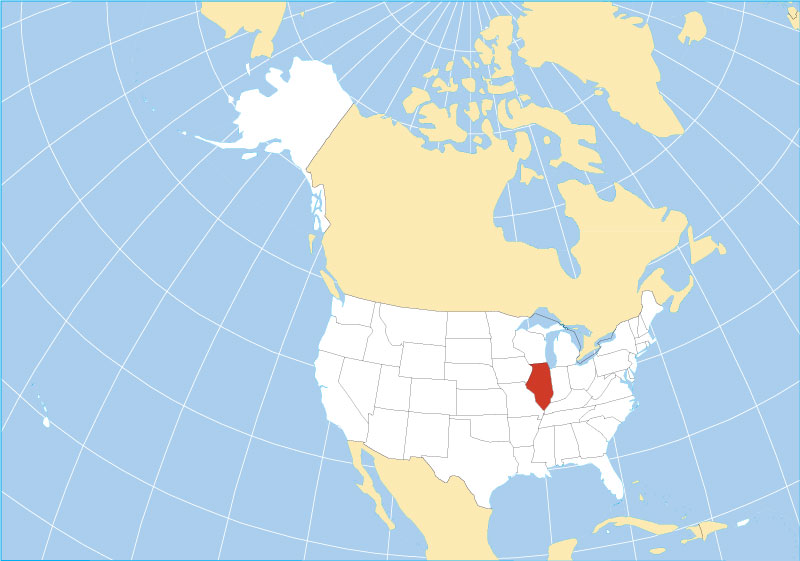Automate Your Web Pages Content with RSS Feeds
3 min read[ad_1]
One of the key ingredients to keeping your website listed high with the search engines today is fresh content.
The internet is ever growing, and ever changing. The websites of yesterday that are static only HTML pages will start to fade away as more dynamic websites take their place.
What is the difference between static HTML web sites, and dynamic web sites?
Static HTML web pages will always look the same, if you hit the refresh button nothing changes on the page.
A dynamic web page will automatically change every time you hit the refresh button, or they can change their content based on what your user does, like clicking on some text or an image.
Adding Javascript to your site to make it look like the pages are ever changing will work for your human visitors, but not for the search engines. Currently all the major search engines can not read Javascript. They see the Java code but are unable to read any of the text that the Javascript generates.
There are a few ways that you can automate the process of adding search engine friendly content to your web pages.
The quickest and easiest way to add pertinent content to any web page is to use RSS Feeds.
What is an RSS Feed?
RSS is an acronym for “Really Simple Syndication”.
RSS feeds come in many different forms.
News feeds that give you the latest breaking news and popular headlines on any topic directly related to your webpage.
Articles can also come in the form of RSS feeds. Thousands of industry experts are writing articles today related to just about any topic imaginable, and you can use these free of charge on all your web pages, and have them updated daily for you with out you ever having to do a thing.
Blog posts are another form of RSS feeds that you can also work with. There is literally a million blogs online today, and they all put out their own
unique RSS feed. When ever someone posts to their blog the RSS feed page is created. While you may not want other peoples blog content on your web pages, if you have your own blog you can easily have your posts
show up on your pages.
Press release companies are also sending out RSS feeds of all the press releases submitted through their system.
Almost all RSS publishers want other websites to syndicate (republish) their feed content. That’s what RSS was invented for.
There are a few programs out today that will help you master the power of RSS feeds, and at the same time automate the whole process for you.
These are called RSS to HTML converters, they take an RSS feed and convert it into HTML for you. All the ones that I have read about, and used are PHP based programs that install on your web server.
I have found the Installation of these programs to be very easy, and take only a couple of minutes. Upload the files to your server, enter in your user name, and password, your done.
Once installed you have a login page that walks you through the whole process. Asking you what feeds you want to work with, how much of the feed do you want
displayed on your page, title, author, date, amount of text, you can even change the back ground colors or border around the feeds, even tell it how often you want the feeds updated, hourly, or daily. There are many more options that are available to you when working with these programs most of them are nothing more then selecting a check box. No programing skills needed.
In closing I want to restate that search engines love fresh content. Using RSS feeds on your website is a great way to keep new content on them automatically forever.




